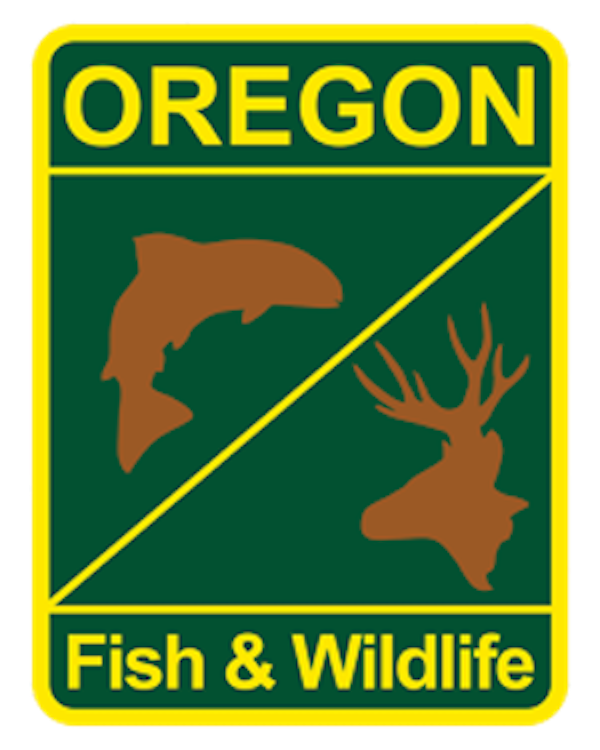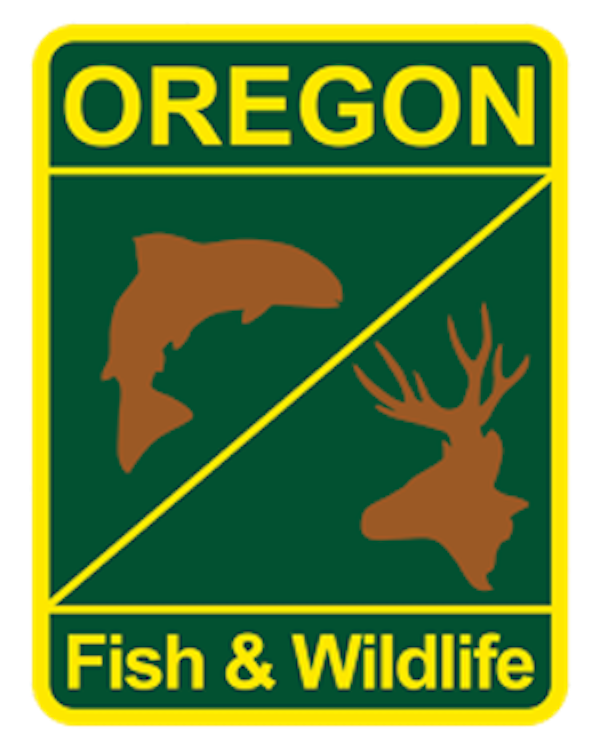Idaho Fish Report
Commission adopts Rogue South Coast Plan that emphasizes wild fish, continues to allow wild steelhead retention

by OR Department of Fish & Wildlife Staff
12-21-2021
Website
SALEM, Ore.— After hearing from more than 150 people that signed up to testify on Thursday and several hours of discussion today, the Commission adopted the Rogue–South Coast Multi-Species Conservation and Management Plan. The plan creates a large network for wild fish emphasis areas in southwest Oregon and continues to allow conservative wild winter steelhead harvest.
Commissioners voted unanimously on most aspects of the Plan with the exception of allowing wild steelhead retention. This was a split 5-2 vote in favor of staff recommendation to not move to exclusively catch-and-release fishing.
Other modifications from staff recommendations included making the Winchuck River basin a Wild Fish Emphasis Area and raising the conservation thresholds at which actions to protect wild winter steelhead are taken.
Wild Fish Emphasis Areas are locations where no hatchery fish are stocked. Any new hatchery program in these areas would require Commission action. Approximately 80 percent of the plan area is now designated as Wild Fish Emphasis Areas. The network of wild fish emphasis areas is larger than anything south of Canada. Key to creating more resilience to climate change is a plan to improve habitats within these areas.
Hatchery coho smolt release numbers were increased slightly in the Rogue River (by 25,000).
If conservation thresholds are triggered, additional actions will be taken to protect a species. For wild winter steelhead, actions would include implementing catch-and-release regulations or closing fisheries. If more restrictive regulations are not necessary, reducing harvest to 1 fish per day and 1 fish per year is also an option for the lower Rogue River only.
Other notable pieces of the plan include a robust climate change analysis, habitat strategies and actions to minimize climate change impacts, significant outreach and coordination efforts on many aspects of the plan, new fishing authorizations required for winter steelhead angling (which will require legislative approval for any fee increase), and significant new monitoring efforts throughout the planning area.
Two stakeholder teams worked for nearly two years helping ODFW develop the plan. Adoption of the staff recommended alternative reflects the stakeholder team process and was a compromise between what various stakeholders recommended.
The Commission also adopted recreational marine fishing regulations for 2022 today. Next year there will be a 5-fish marine bag limit which should offer stability and reduce the risk of needing to lower the bag limit during the season. Retention of quillback rockfish will also be prohibited in 2022 (so removed from the one-fish aggregate sub-bag limit) to reduce impacts on this species, a change that should have minimal impact as most anglers do not target them.
Finally, the duration of the 40-fathom depth restriction will be reduced to two months (July-August) from three (June-August) next year. The seasonal depth restriction has been used for many years to protect yelloweye rockfish, and this species' status is improving.
The Commission also:
- Adopted rules to allow ODFW to provide free daily angling/shellfish licenses to participants of certain organizations who serve Veterans and active military service members, per Senate Bill (SB) 320 passed by the 2021 Oregon State Legislature. The new program will be available Jan. 1, 2022 and organizations interested can contact License.Services@odfw.oregon.gov
- Adopted rules to allow big game tags to be purchased after the sale deadline online or at license agents via the electronic licensing system. Prior to the rule change, this process was limited to in person purchases at an ODFW office. Hunters who do this will still need to attest that they did not hunt before their tag purchase and pay the existing late tag fee of $25.50.
- Added elk to the urban deer population control program, per SB 761 passed by the 2021 Oregon State Legislature. This will allow cities, when authorized by ODFW, to control elk numbers in urban areas when elk are causing public nuisance, safety concerns and damage to property. Cities who use the program must first pass an ordinance against feeding and placing attractants for elk. Meat from any elk is to be donated to a food bank or charitable organization.
- Added bighorn sheep tags to big game tags that can be provided (outside the controlled hunt draw process) to terminally ill children.
Commissions also voted unanimously to elect Jill Zarnowitz of Yamhill the Vice Chair and welcomed new Commissioner Dr. Leslie King of Portland, who was appointed in November 2021.


